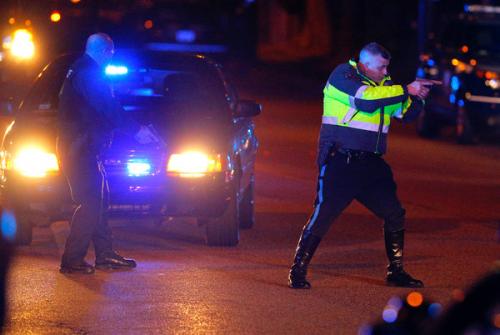Deal struck for Kamala homeless

KAMALA: More than 70 families in Kamala have agreed to rent state land near the beach from the Phuket Provincial Administration Organization for minimal rents ranging from 20 baht to 1,000 baht per rai per year, figures fixed by Phuket Governor Udomsak Usawarangkura.
The families – all of whom had been encroaching on state land before the disaster of December 26 and whose homes were destroyed by the waves or later demolished – may be able to rent a plot for decades and even hand it down to future generations.
The initial one-year contract for each plot was agreed by Kathu District Chief Officer Kantee Sinlapa. Under Thai law, tenants on government land rent initially for one year, then five, then 20, although the decision whether to renew the contract for the subsequent periods is up to the provincial governor.
The signing of the agreements appears to mark something of a victory for the Kamala residents, who were told on January 14 that they would not be allowed to build anywhere near the beach and would certainly not be allowed to occupy state land.
At the time, Gov Udomsak said that he welcomed the plan to relocate the villagers, describing it as “…a good opportunity to move people who had illegally occupied state land”.
The governor also said “If they don’t move voluntarily, the government will take them to court to get them removed.”
Then, four days later, Gov Udomsak made attempts to appease disgruntled Kamala villagers by offering land for rent at low rates.
He told the residents that they would have security of tenure and that the land could be handed down from generation to generation, with the rental contracts being checked every five years to ensure they stayed in order.
He said, “There will be no problem in renewing the contracts. You can live on the land for 30, 60 years, and on into the future.”
Sanoh Ploykho, the kamnan (headman) of Kamala Village, told the Gazette yesterday that he expected the remaining Kamala residents who had been illegally occupying state land to agree to rent land under the same terms.
He noted, however, that one area that no one will be allowed to occupy will be in a “no-build zone”, a strip 20 meters wide east from the high-tide mark.
“This area will be forested – as part of a plan from the Office of Tourism Development – to offer protection against any future tsunami,” K. Sanoh told the Gazette.
Latest Thailand News
Follow The Thaiger on Google News:
























